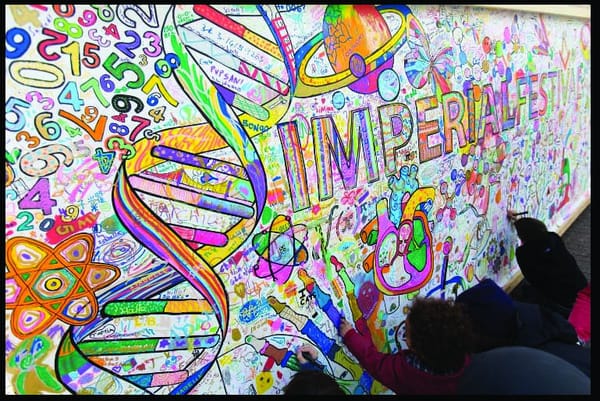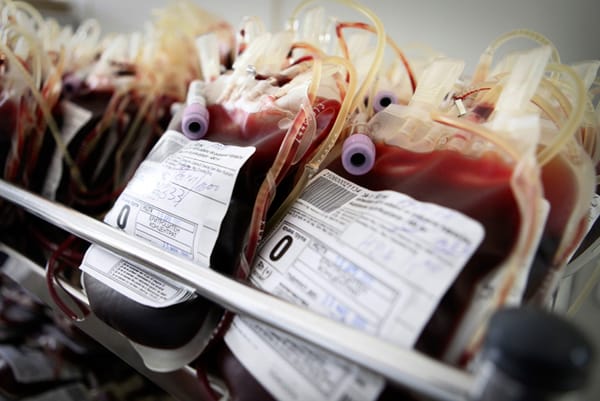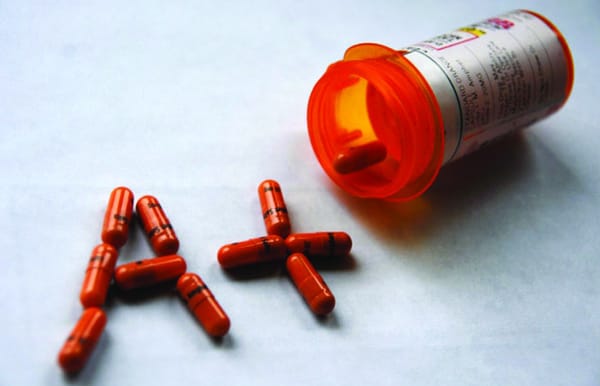Alien DNA: when six bases are better than four
Are six bases better than four? Scientists at The Scripps Institute Florida, can boast that they have changed the secret of life; they have invented an extension to our DNA.
Are six bases better than four? Scientists at The Scripps Institute Florida, can boast that they have changed the secret of life; they have invented an extension to our DNA.
All life forms have DNA in their cells. DNA is made from four different nucleotides, and, depending on the order of these bases in our DNA, they will code for different proteins.
Scientists have managed to transcend this: instead of four bases, researchers have now created a sequence with six, and have replicated it inside _E.coli _cells.
The researchers are convinced that by adding two new synthetic base pairs, one known as d5SICS, which forms bonds with the other, dNaM, it is going to allow us more control over protein therapeutics (protein therapeutics involves things like replacing an abnormal protein or providing a new protein function).
So how does synthetic DNA give the scientists more control?
Well it’s mainly because these new DNA bases cannot be synthesized by the cell unless we give it some help. Firstly, it needs the molecular building blocks from which d5SICS and dNaM are made. These nuclear triphosphates are not naturally inside cells like they are for the other base pairs, so they have to be provided in the cell’s environment.
The next step is to then introduce these molecules into a cell. This was the biggest challenge for the researchers, and it wasn’t until they found a micro-algae to provide the appropriate triphosphate transporter that the_ E.coli _cell was able to transport and then replicate these new DNA base pairs. The researchers were also able to control the synthesis of these new DNA bases by simply turning off the transporter if desired.
As ithe research is still in its infancy, applications for more ambitious protein therapeutics are a long way off; the new DNA has only been tested in labs and in _E.coli _so far.
DNA is simply a way of storing information, far more efficient than any of the computer chips we’ve invented so far. These new bases certainly increase the amount of information that DNA can code for, and should prove benefitical in the future.








